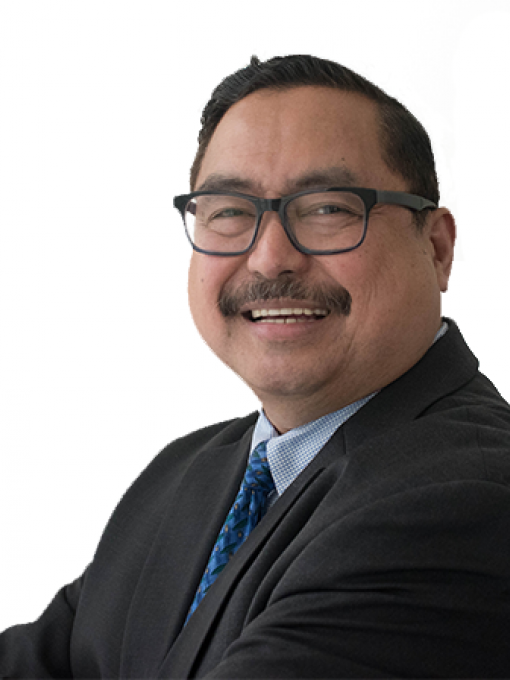An analysis of the 2018–2022 Forward Plan concludes that despite the challenges of the last five years, the Friends Committee on National Legislation (FCNL) has been transformed into a “bigger, more resilient, and effective lobbying organization that continually innovates to meet challenges while remaining grounded in Quaker faith and practice.”
Faith groups rely on FCNL’s ability to harness the grassroots.
In 2017, the FCNL Executive Committee approved the FY 2018-2022 Forward Plan. In describing the plan, former FCNL General Secretary Diane Randall said, “[W]e boldly venture forth, rooted in God’s love, grounded in Quaker faith and practice, and guided in Light.”
FCNL was often referred to as Capitol Hill’s best-kept lobbying secret, but that is no longer true today. The analysis says that while it is not yet a household name, journalists now call FCNL lobbyists for analysis and comments on various issues.
Faith groups rely on FCNL’s ability to harness the grassroots. Partners, including those from conservative circles, seek FCNL out for its ability to talk to both sides of the aisle.
These are among the highlights of the report:
Priority: Change Public Policies
» Despite political gridlock in Congress, FCNL and its partners successfully lobbied for at least 18 bills that were signed into law by either President Donald Trump or President Joe Biden.
» Many of these bills were first introduced in earlier sessions of Congress but did not pass until several sessions later, such as the Elie Wiesel Genocide and Atrocities Prevention Act (P.L. 115-441). Three bills that impacted Native American women and girls were also passed: Savanna’s Act (P.L. 116-165); the Not Invisible Act (P.L. 116-166); and the Violence Against Women Act, which passed with strong tribal provisions as part of the 2022 Consolidated Appropriations Act (P.L. 117-103).
» For the first time Congress, passed a War Powers Resolution (S.J. 68) requiring the removal of U.S. troops from a conflict (in this case, Yemen), but President Trump vetoed it.
Priority: Strengthen FCNL’s Strategic Advocacy Network
» Constituents conducted 4,372 lobby visits from FY 2018 to FY 2022 or an average of 874 lobby visits annually.
» 163 Advocacy Teams were organized in 44 states. Teams in 20 states, such as Pennsylvania and California,
are coordinating to reach more members of Congress.
» Online actions (phone calls, emails, or letters) totaled 308,582. These actions come from 97,917 constituents. For perspective, FY 2018 saw 8,577 constituents participate in 15,450 online actions, rising to 21,348 constituents participating in 91,145 online actions in FY 2022.
Priority: Expand Media, Marketing, and Communications
» Beginning in 2018, FCNL carried out multiple radio media tours (RMT) annually, reaching more than 172,371,300 listeners in all 50 states across countless radio stations. The advertising equivalent of this exposure is more than $1,340,925 while costing FCNL less than $25,000 annually.
» FCNL released 14 radio public service announcements (PSAs) which were aired by 13,776 radio stations and reached an estimated 96,000,000 listeners. The advertising equivalent of this exposure is $695,475. The total cost of the PSAs is $63,700.
» In FY 2020, fcnl.org was redesigned, and a new website for Friends Place on Capitol Hill was launched in 2021. The new website resulted in a Google grant that gives FCNL $10,000 monthly for online search ads.
» Email remains the major communications tool for FCNL. There were 2,740 unique mailings (excluding recurring emails like a welcome series), and 16,865,670 emails were sent. A third (32%) of these emails consisted of action alerts.
Priority: Build Relationships Between FCNL and the Religious Society of Friends
» The number of active Quakers n the FCNL database grew from 5,350 in 2018 to 6,801 by 2022.
» Quaker meetings and churches continue to be deeply involved in setting FCNL’s legislative priorities. There were 279 submissions in 2018, 208 in 2020, and 263 in 2022.
» Virtual and in-person visits to yearly meetings reached 129 from 2018-2022, and FCNL was featured in 17 of their plenaries. Similar visits to monthly meetings totaled 188 in the same period.
Priority: Ensure Organizational Sustainability
» FCNL grew from 47 staff positions in FY 2018 to 67in FY 2022. Based on a 2022 survey, 62% of FCNL staff are white; 23% are African American; 6% are Hispanic; and 4% each are Asian, Native American, or Middle Eastern.
» FCNL continued to evolve institutionally. In addition to the existing Associate General Secretaries Team (AGST), a Senior Leadership Team (SLT) was created in 2020. Several functions of the AGST were transferred to the SLT. Several departments were consolidated.
» Annual fund income (foundation, individual donors, meetings, and churches) grew by 45% from $4,707,990 in 2018 to $6,824,650 in 2022. This growth represents a 15% increase in individual donors for the five-year period.
» FCNL Education Fund assumed governance of William Penn House, now renamed Friends Place on Capitol Hill, in September 2019. The same green building principles used in renovating the FCNL building (granted Platinum LEED by the U.S. Green Building Council) and the Quaker Welcome Center were also used in Friends Place.
A copy of the 20-page report can be viewed at www.fcnl.org/forwardplan.
